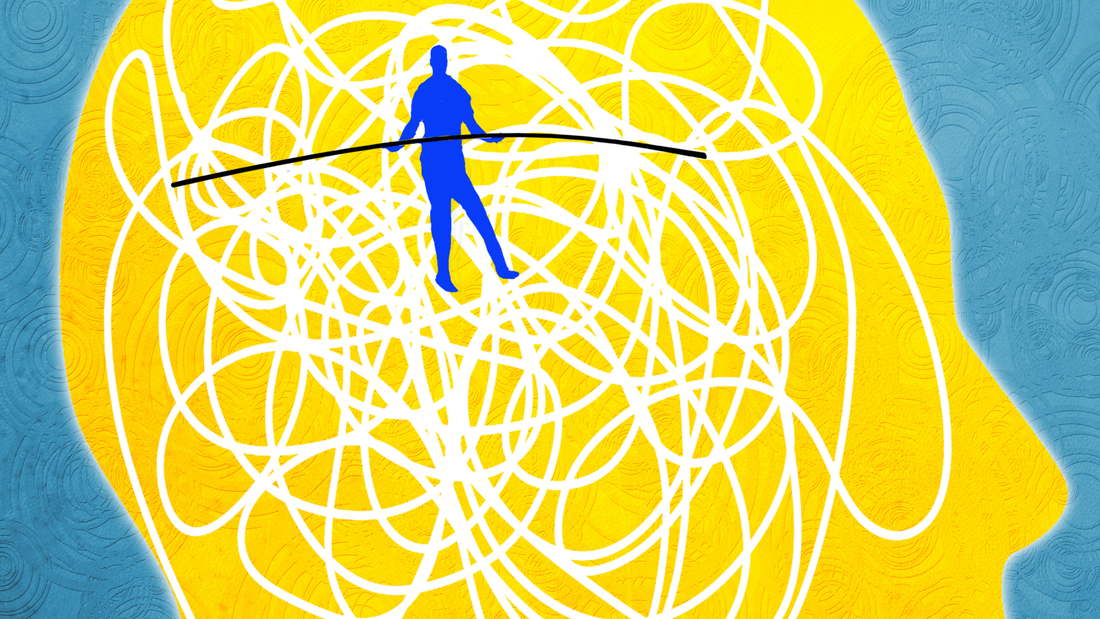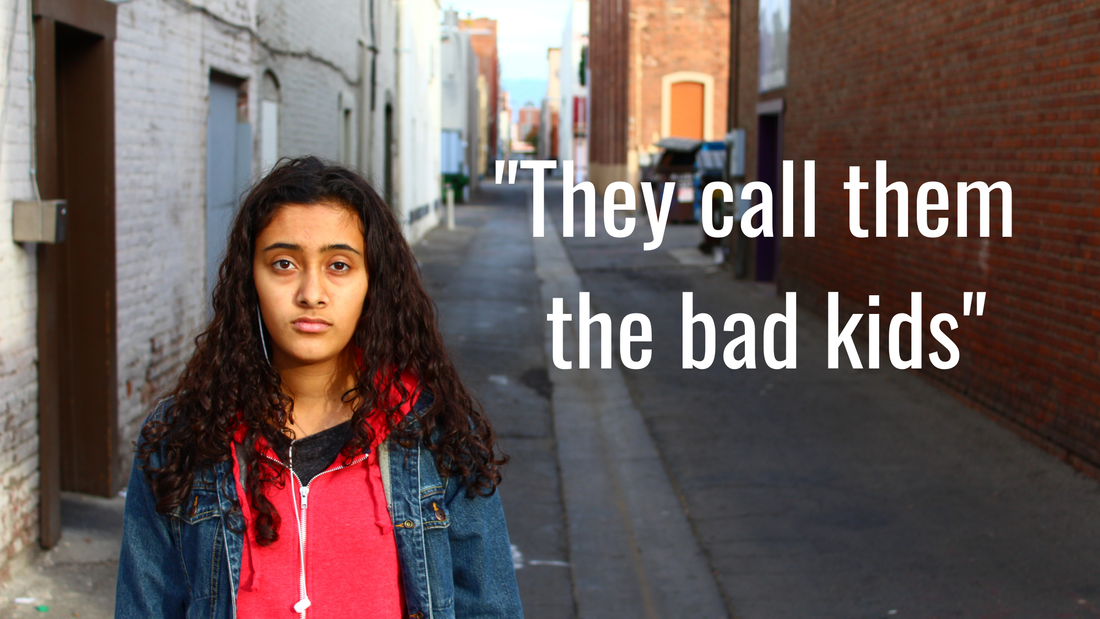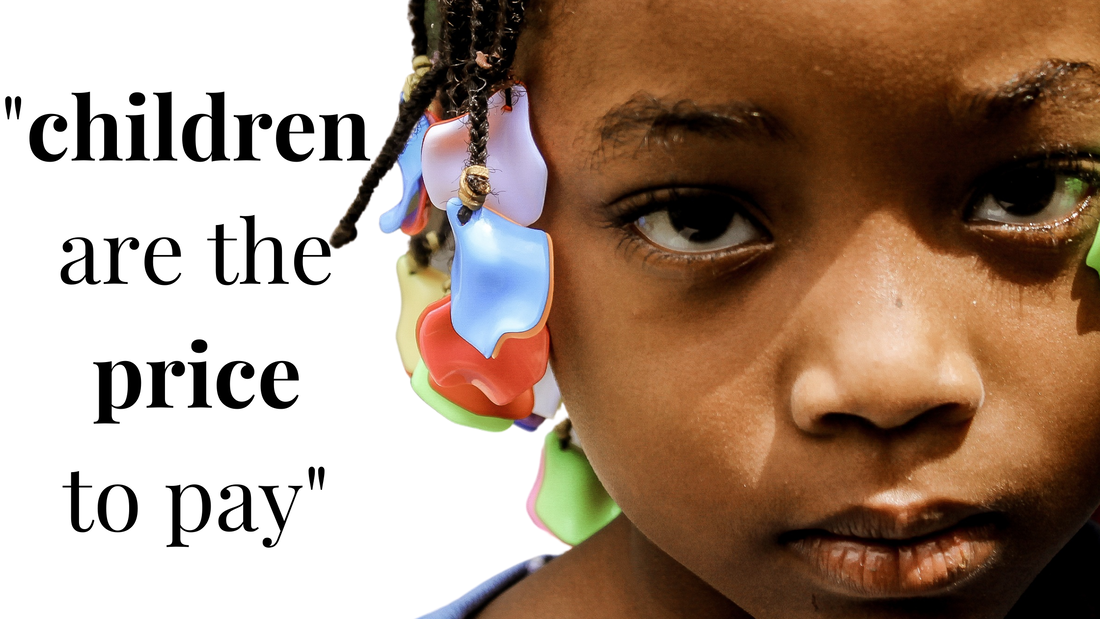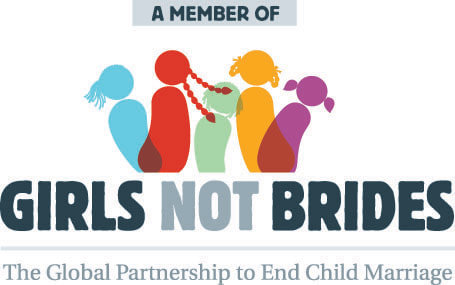JOIN THE CONVERSATION
|
Subscribe to our Newsletter
for more Stella's Girls info! |
STELLA'S GIRLS, INC., is a tax-exempt public nonprofit
(federal tax ID #81-4402162). All contributions are tax-deductible to the extent allowable by law. No goods or services were provided in exchange for your generous financial donation. Copyright © 2023. All Rights Reserved. |




 RSS Feed
RSS Feed








